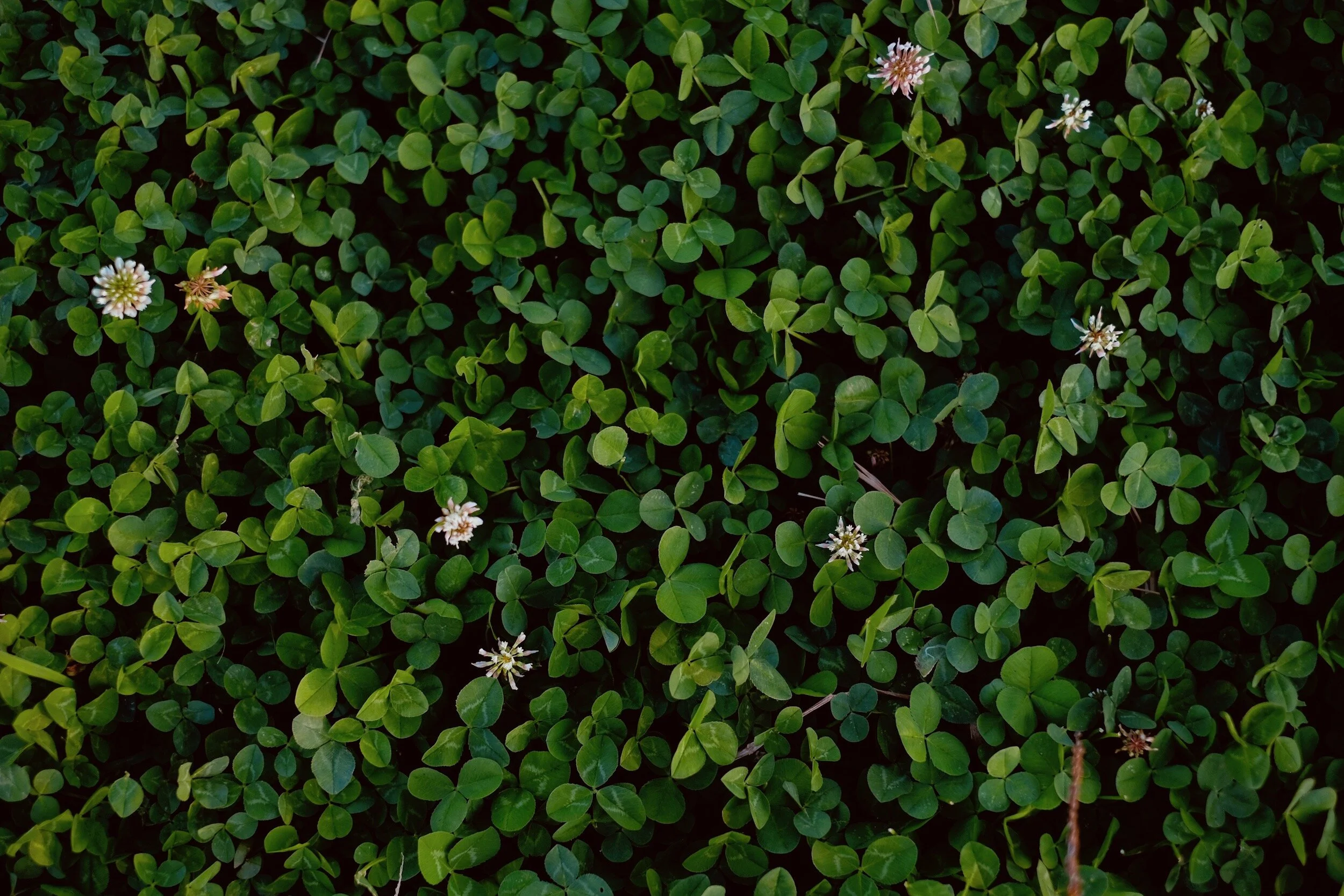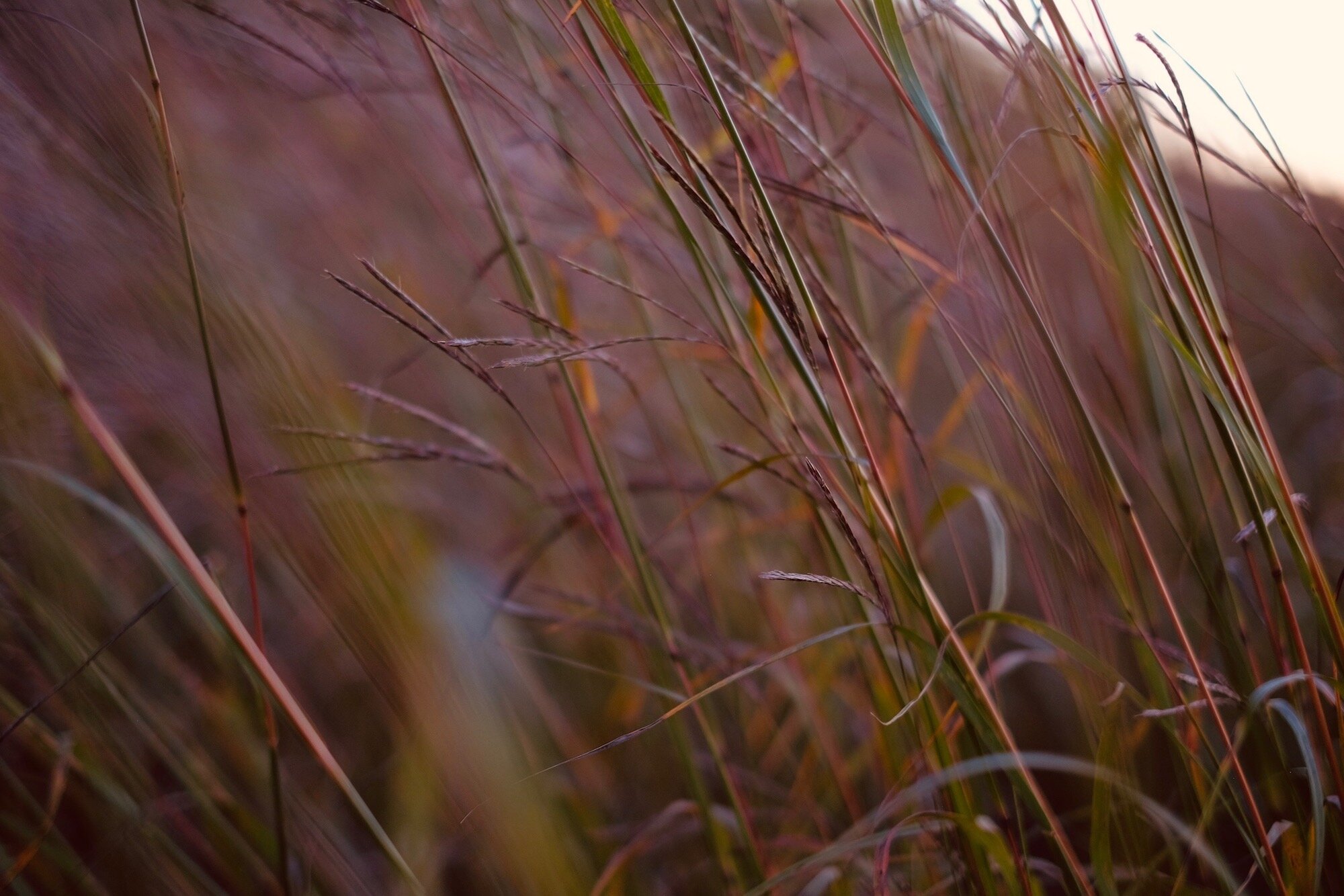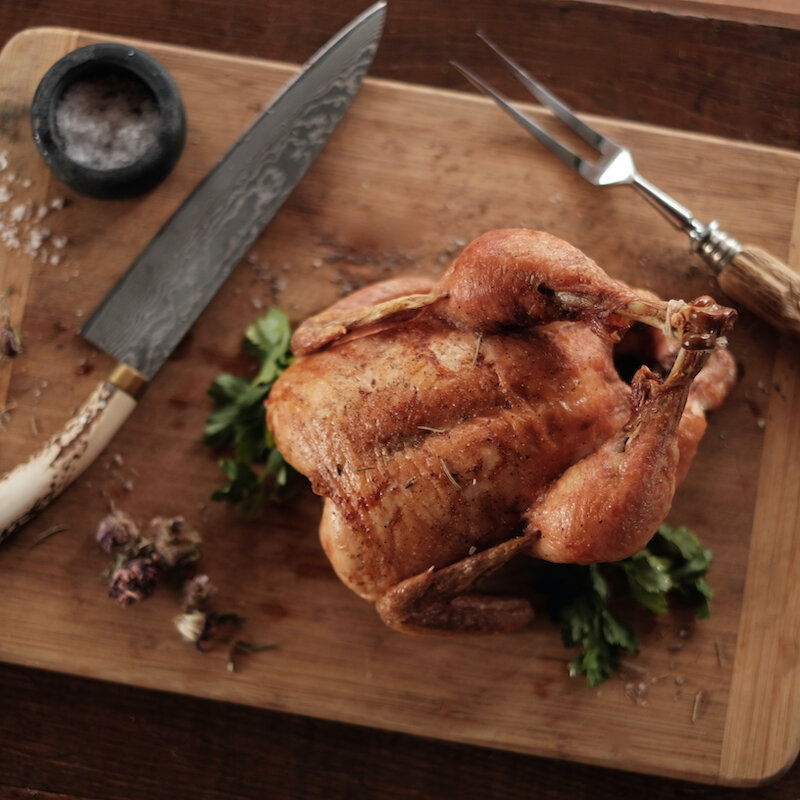
Three Ridges Ecological Farm is a diversified farm in Elgin County, southwestern Ontario, Canada near the north shores of Lake Erie.
The farm is 50 acres and includes permanent pastures, permaculture fruit and nut orchards, native prairie, and several constructed ponds and wetlands. This land is divided by 20 acres of Carolinian forest that rises up along a bluff where three ridges form a “3” like a fingerprint.
Pasture-raised with care for flavour and nutrition.
We care for a diversity of animals in a way that meets their biological expectations—a life outside with sunlight, fresh pasture, mother’s milk, extended nursing, appropriate and diverse feed, and herd/flock integrity with no forced breeding or chronic stress.
For cattle and sheep, which are ruminants that subsist entirely on forage, we use organic methods to grow diverse pasture, prairie forage, and fodder from trees and shrubs.
For poultry and pigs, which are monogastric and require supplemental feed in addition to pasture, we source the most diverse feed made from locally grown and milled grain and seeds, all of which are non-GMO and free of chemical residues.
Care in raising, handling, and feeding animals results in high resonant, nutrient-dense, flavourful meat.

Our 3Rs
With a focus on Relationships, Regeneration, and Resilience, we strive to help bring back balance and connection miyo pimatsewin tamee goya, which means ‘to give all of us a good life’ in Michif.
Relationships
High diversity is a central tenet of ecological farming owing to the vast network of relationships that emerge among plants, animals, microbes and people when we promote diversity on the farm. Myriad relationships facilitate nutrient cycling, water and energy flows, soil regeneration, pest and disease management, wildlife and pollinator health; and they bring ecological and economic resilience to the farm. These relationships also reconnect us with our ancestral foodways and to our role as Water Protectors.
Beyond the farm gate, we value our relationships with the local community and our diverse customer community. We keep both our spending and sales relationships close to home. Moreover, we want our customer relationships to grow beyond being simply transactional—inspired by and from the community that forms around local foods.
Regeneration
Regeneration is why we do what we do: we are driven by a calling to be a part of the growing regenerative agriculture revolution.
To us, regeneration means the land is accumulating soil, nutrients, and biodiversity. Even more, nutrient cycles and energy flows are synched; and today's relationships among Life, Death and Spirit are celebrated as the foundation for unimagined opportunities and possibilities for burgeoning productivity long into the future.
The tools we use for regeneration include managed rotational grazing, diversity of pastures including native prairie, silvopasture, water retention earthworks and ecological forestry.
Resilience
Resilience describes the ecosystem's ability to rebound from disturbances and retain balance and connection. Resilience in farming means land that can withstand the small hiccups (like seasonal drought), heal from catastrophe, and, ultimately, thrive in an unknown future.
Fostering and tending diverse and strong relationships among plants, animals, microbes, and people to regenerate the soil and nature’s cycles is how we bring resilience to the farm.
We tend the land for milk and honey in the face of climate change and volatility.
Meet the Farmers
We, Drake and Sarah Larsen, established 3R in 2015. Ecologists-turned-farmers, we apply our understanding and awe of nature’s interactions to our tending of this land as Sacred Ecologists and Water Protectors.
With a sense of adventure and love of working outdoors, we met at a remote biological research station surrounded by polar bears near Churchill, Manitoba. We lived in Drake’s home state of Iowa for 10 years, where we spent a lot of time sitting as graduate students; learned about the scary state of agribusiness; and hunted, gathered, gardened, preserved, and farmed with some cherished folks.
After having a kiddo, we moved back to Ontario to reconnect to the land and start farming for our daughter’s future.
Drake Larsen, M.Sc.
With a M.Sc. degree in sustainable agriculture from Iowa State University and inspired by his time working with Practical Farmers of Iowa, Drake is passionate about deepening the conversation about agriculture and nature connection. Through photos, video (featured in Kiss the Ground), landscape visualization, and articles and editorials, he illustrates the realities of modern agriculture—and discusses the benefits of a diversified agriculture—as a wake up call towards positive change. His farming approach at 3R provides examples of creative opportunities for farms that are managed to maximize ecosystem services. Drake consults on farm design and restoration, with a focus on water cycles.
Sarah Larsen, Ph.D.
As a “dirt doctor”, aka soil microbial ecologist with Ph.D. from Iowa State University, Sarah applies a curiosity of cycles to her life, relationships and farming. As a devoted woman to her beloved family, Sarah connects with the land and her Michif (Red River Métis) ancestry through the deep nutrition that comes from properly raised meat and foraged plant medicines, along with delicious concoctions that she ladles into beautiful jars. In addition to farming, Sarah is Research and Small Grains Program Director for the Ecological Farmers Association of Ontario.



